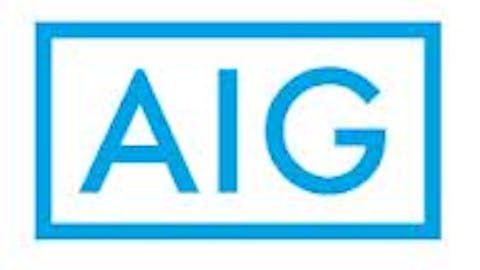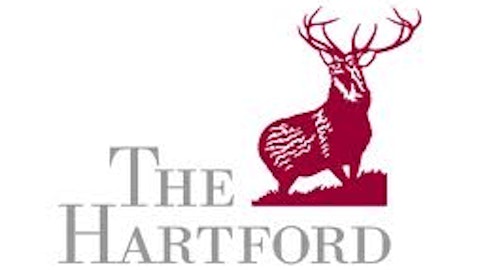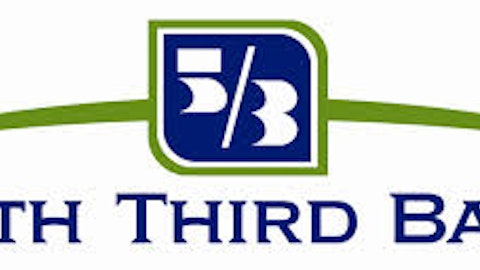Morgan Housel: What should we do about the problem of too big to fail? Or is too big to fail a problem?
Hank Greenberg: It depends on the management. If you’ve got the right management, why is it too big to fail?
Morgan Housel: With AIG, the amount of risk-taking that was going on in a fairly small portion of AIG …
Or let’s say with JPMorgan Chase. They had, last year, the London Whale transaction. That, some people look at as an issue of, Jamie Dimon is a well-respected manager but when you have a company that size, with more than 200,000 employees, and you have a few bad apples over here that have the power to make such large bets …
Hank Greenberg: OK, but Jamie Dimon, they caught that. About $8 billion of loss, something like that, out of huge earnings of the company. Yeah, it was an unfortunate loss, but it wasn’t fatal. It wasn’t even close to that. It was a cold. Like having a cold, not pneumonia, and they’re fine.
When I left AIG, in seven months they wrote more credit default swaps on so-called AAA CDOs, credit default swaps covering them, than we wrote in seven years. They wrote quality that was way below what we would have written, and they didn’t hedge anything. It’s a question of management.
Morgan Housel: When you have a bank that is large enough to be too big to fail, and to cause systemic damage when it does fail, and it’s run by poor managers, which we saw quite a bit of in 2008 with Bear Stearns and Lehman Brothers, Citigroup, and the same with AIG.
What should regulators do with a company like that?
Hank Greenberg: Well, stop. What were the regulators doing? Take Bear Stearns for example. There were six months between Bear Sterns and Lehman Brothers. What did the regulators do?
Citigroup was overseen by the New York Fed. I chaired the New York Fed for about — I was on the New York Fed board, then vice-chair, then chair — probably all together about eight years. The Fed oversees Citigroup. What were they doing?
Morgan Housel: Not much.
Hank Greenberg: No, obviously.
Morgan Housel: In Hank Paulson’s memoirs, he does say that he pushed for Lehman Brothers to sell itself, in that period. Not successfully, but …
Hank Greenberg: Yeah, but he didn’t go to the aid of Lehman Brothers. They gave a Bank Holding Company license to Goldman Sachs and to Morgan Housel Stanley. They turned down Lehman Brothers.
AIG didn’t have a solvency problem. It had a liquidity problem because they were responding to collateral calls from their counter parties. Once they lost the AAA rating after I left the company — almost the next day they were downgraded from AAA to something less — at that point they were required to put up collateral under the agreements.
But if you knew what was going on, there was no price discovery on any of these CDOs, what the value was. There’s no exchange that you could trade them on, so every broker-dealer had a different price for the value of the CDOs. Some had very low prices, which we require more and more collateral.
I wouldn’t have responded … we wouldn’t have been in that position to begin with. We wouldn’t have lost that AAA rating. I wouldn’t have responded, if I were them, to any of the collateral calls.
With different prices, who would you respond to? The highest price? The lowest price? I would say, “I’m not paying anybody. If you don’t like it, the courtroom is around the corner. Five years from now we’ll know who was right.”
Morgan Housel: You’ve recently been involved in a $25 billion lawsuit against the government, specifically the New York Federal Reserve.
Hank Greenberg: Not involved. We have commenced a lawsuit against the U.S. government.
Morgan Housel: Some people, when they hear about the lawsuit after the AIG bailout, they respond with a sense of shock. What was the purpose of that lawsuit?
Hank Greenberg: Several things. First of all, we have a Constitution in the United States, and there’s a provision against unlawful taking by the government. You can take anything you want, but you have to pay for it.
If you go back into the book and you see it started with Spitzer, it led to management changes and those management changes led to the company becoming deeper and deeper into the need for liquidity, so they sought liquidity from the New York Fed, from the window. They were turned down.
They tried to get a broker-dealer license, which would give them access to the window. They were turned down.
At the very last moment, Hank Paulson, then Secretary of the Treasury, calls Willumstad, who was then the Chairman of AIG and CEO. He says, “There’s only one deal we’re going to give you.” That was $85 billion at 14.5% interest. At the window, if they were borrowing, it would have been 1.5%.
As an aside, they opened the window to the Arab Bank, which was then 26% owned by Libya when Gaddafi was running it, so Libya could get access to the window, but AIG couldn’t.




